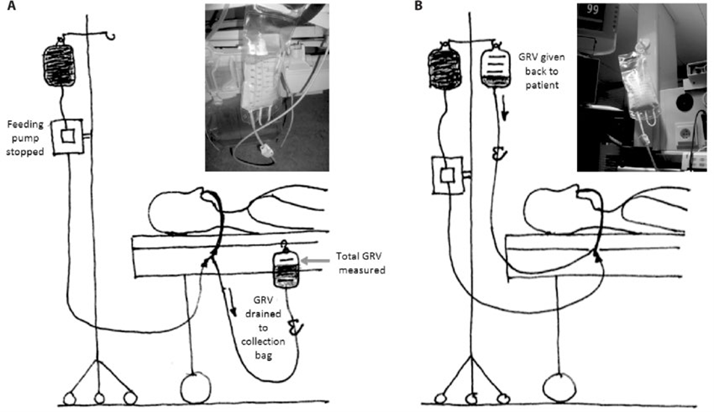A nurse is teaching a client how to self-administer daily low-dose heparin injections. Which of the following factors is most likely to increase the client's motivation to learn?
The nurse's empathy about the client having to self-inject
The client's belief that his needs will be met through education
The client seeking family approval by agreeing to a teaching plan
The nurse explaining the need for education to the client
The Correct Answer is B
The client's belief that their needs will be met through education is the most likely factor to increase their motivation to learn how to self-administer daily low-dose heparin injections. When a client believes that they will benefit from the education and that it will help them meet their needs, they are more likely to be motivated to learn.

a. The nurse's empathy about the client having to self-inject may help build rapport with the client, but it is not the most important factor in increasing the client's motivation to learn.
c) The client seeking family approval by agreeing to a teaching plan may be a motivating factor for some clients, but it is not the most important factor in increasing the client's motivation to learn.
d) The nurse explaining the need for education to the client may help increase the client's understanding of the importance of learning how to self-administer heparin injections, but it is not the most important factor in increasing the client's motivation to learn.
Nursing Test Bank
Naxlex Comprehensive Predictor Exams
Related Questions
Correct Answer is B
Explanation
Before administering enteral feedings via an NG tube, the nurse should check for gastric residual volume to ensure that the client is able to tolerate the feeding. If the residual volume is high, it may indicate delayed gastric emptying and the feeding may need to be delayed or the rate adjusted.
a. Encouraging the client to take sips of water may help maintain hydration, but it is not necessary prior to administering enteral feedings.
c. Flushing the tube with sterile 0.9% sodium chloride irrigation can help maintain patency of the tube, but it is not necessary prior to administering enteral feedings.
d. Encouraging the client to breathe deeply and cough can help clear secretions from the lungs, but it is not necessary prior to administering enteral feedings.

Correct Answer is A
Explanation
When a hospice nurse is visiting a client who has terminal cancer, the statement "I miss him so much already" by the client's partner should be recognized as an indication of anticipatory grief. Anticipatory grief is the grief that occurs before a loss and can include feelings of sadness, longing, and missing the person who is dying.
Option b is incorrect because anger is a common emotion during the grieving process but does not necessarily indicate anticipatory grief.
Option c is incorrect because planning for the future does not necessarily indicate anticipatory grief.
Option d is incorrect because not discussing funeral arrangements does not necessarily indicate anticipatory grief.
Whether you are a student looking to ace your exams or a practicing nurse seeking to enhance your expertise , our nursing education contents will empower you with the confidence and competence to make a difference in the lives of patients and become a respected leader in the healthcare field.
Visit Naxlex, invest in your future and unlock endless possibilities with our unparalleled nursing education contents today
Report Wrong Answer on the Current Question
Do you disagree with the answer? If yes, what is your expected answer? Explain.
Kindly be descriptive with the issue you are facing.
